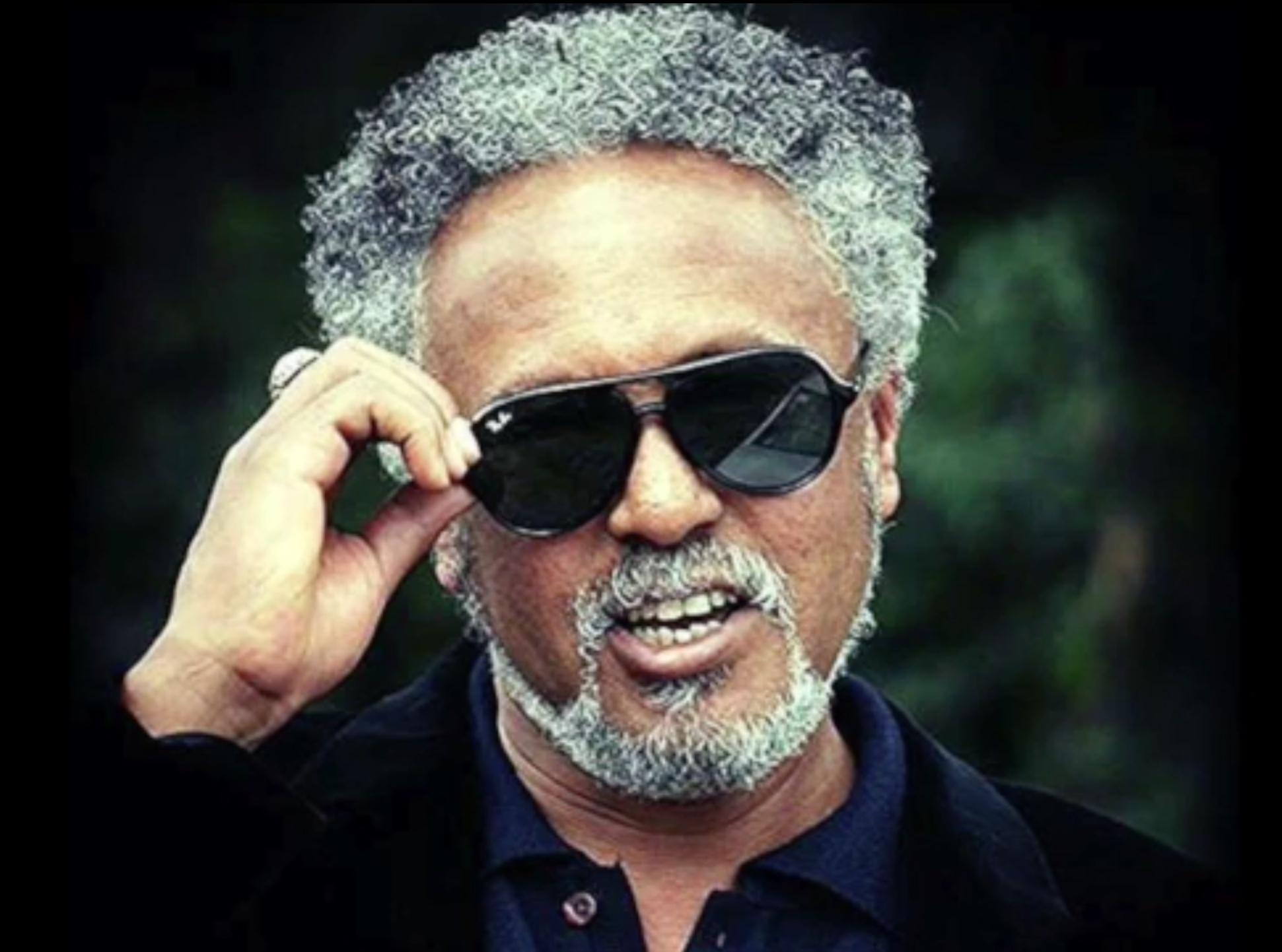Ethiopian soap star and ’household name’ Zenah-Bezu Tsegaye flees to seek asylum in US
Defection is latest in wake of a wave of protests across two Ethiopian regions

Your support helps us to tell the story
From reproductive rights to climate change to Big Tech, The Independent is on the ground when the story is developing. Whether it's investigating the financials of Elon Musk's pro-Trump PAC or producing our latest documentary, 'The A Word', which shines a light on the American women fighting for reproductive rights, we know how important it is to parse out the facts from the messaging.
At such a critical moment in US history, we need reporters on the ground. Your donation allows us to keep sending journalists to speak to both sides of the story.
The Independent is trusted by Americans across the entire political spectrum. And unlike many other quality news outlets, we choose not to lock Americans out of our reporting and analysis with paywalls. We believe quality journalism should be available to everyone, paid for by those who can afford it.
Your support makes all the difference.A prominent soap actor has fled Ethiopia to seek asylum in the US, becoming the latest high profile figure to do so in the wake of a brutal government crackdown on political opposition.
Zenah-Bezu Tsegaye is a household name as a star on one of the most popular shows on Ethiopian state TV, Sew Le Sew, and his defection to America will be seen as a serious blow to the government.
The actor is from the Amhara region, which like its neighbour Oromia has been the scene of sustained clashes between protesters and state security forces.
Zenah-Bezu has spoken out in the past about being arrested “for being Amhara”, and in a new interview with Voice of America's Amharic service said he was forced to leave Ethiopia two months ago due to “repeated harassment”.
He vowed not to return home until “the regime has changed”, according to a BBC translation of the interview.
And he accused the Ethiopian security forces of “atrocious actions” in its attempts to quell protests across the two regions, which Human Rights Watch says have led to the deaths of more than 500 demonstrators.
He said: ”It is sad to respond with bullets to people's demand for their rights.”
Zenah-Bezu’s defection comes two days after a news conference in Washington DC where the Ethiopian athlete Feyisa Lilesa warned his country was heading for “a great tragedy” unless the international community intervenes.
Lilesa dramatically announced he would not be returning to Ethiopia after staging a finishing line protest at the Rio Olympics, where he took silver in the men’s marathon.
And a month later, speaking at a hotel in the US capital, he revealed how he had always entertained the idea of fleeing the persecution experienced by his Oromo community.
“I grew up witnessing sufferings and the oppression of my people, and this has always been on my mind,” Lilesa said, according to the New York Daily News.
“I knew that if I trained well, and got a good result, I would get the spotlight for a limited amount of time. I wanted to use that moment to send this message in the voice of my people.”
Lilesa’s protest in Rio was followed by a similar display by men’s 1,500m Paralympic athlete Tamiru Demisse a couple of weeks later.
Demisse, 22, also crossed his arms as he finished the race in an “X” symbol that has become associated with the Oromia protests. Unlike Lilesa, who was ticked off by Olympic officials for bringing politics into the Games, he repeated the gesture on the medal podium.
He told Brazilian TV network Globo at the time that he too wanted to seek asylum in the US. “If I go back, I’m a dead man,” he said. “I am totally against what they are doing in Ethiopia, [and I’m] against the government.”
The conflict between the government and the Oromo, the largest single ethnic group in Ethiopia, flared up last year over land and political rights.
In Amhara, the clashes stem from a request by the Welkait Amhara Identity Committee to have their lands administered as part of the wider Amhara region. They are currently governed by the Tigray regional state.
In an joint letter to the UN Human Rights Council this month, rights groups said: “Since November 2015, Ethiopian security forces have routinely used excessive and unnecessary lethal force to disperse and suppress the largely peaceful protests.”
The violence was particularly intense in August, when Amnesty International recorded 100 deaths and many more arrests over the course of a single weekend.
“As a member – and Vice-President – of the [UN] Human Rights Council, Ethiopia has an obligation to uphold the highest standards of human rights,” the letter concluded.
Join our commenting forum
Join thought-provoking conversations, follow other Independent readers and see their replies
Comments